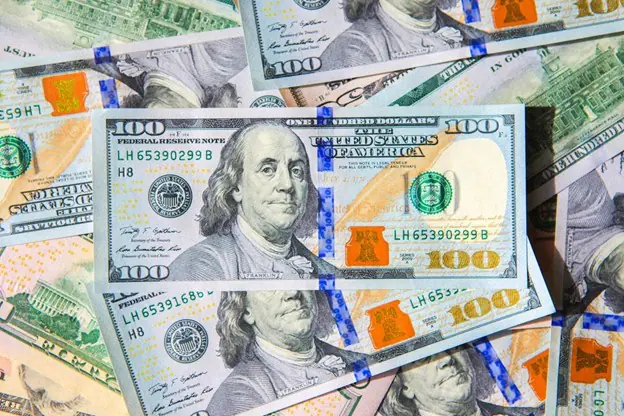Europe just made a move that’s as controversial as it is shortsighted: handing €3 billion of frozen Russian cash to Western investors, while Ukraine fights for its survival.
At the heart of the issue is Euroclear, the Belgian clearing house holding nearly €200 billion in Russian assets, mostly central bank funds. Last month, Euroclear began compensating Western investors who lost assets when Russia retaliated with asset seizures of its own.
Ukraine wasn’t even consulted, and now, officials in Kyiv are sounding the alarm.
Justice for Whom?
Ukraine’s Deputy Presidential Chief, Iryna Mudra, didn’t mince words. “If private investors are compensated before the victims of war, it won’t be justice.” And she’s right.
This isn’t just about cash. It’s about moral clarity and strategic consistency. Europe can’t freeze assets to punish an aggressor, and then quietly unlock them to placate private financial players. That’s not sanctions. That’s selective memory.
A Dangerous Precedent
Let’s be real: those investors knew the risk. Operating in Russia post-2014 (after Crimea, sanctions, and saber-rattling) wasn’t exactly safe territory. Why should taxpayers and Ukrainian citizens bear the cost of hedge funds’ bad bets?
More importantly, this move weakens Europe’s negotiating hand. Russia’s President Putin has made it clear which is the return of these frozen assets is a key condition for any peace deal. By softening the stance now, the EU risks trading long-term leverage for short-term calm.
Rebuilding Ukraine Requires Resolve
Kyiv needs money to rebuild schools, hospitals, and defense infrastructure, not to mention rehouse millions displaced by war.
That frozen Russian cash, which was over $300 billion globally, could become Ukraine’s economic lifeline. But only if the West treats it as untouchable until reparations are made.
Instead, the Euroclear payout sends the message that financial comfort for the West trumps accountability for Ukraine.
Who Gets Paid First?
In war, there are always winners and losers. But when war victims take a back seat to financial institutions, we’ve lost the plot.
Europe has a chance to correct course by ringfencing the full $300 billion in Russian assets and committing to use them for Ukraine’s recovery, not investor payback.
It is a weak policy, a bad precedent, bad optics, and bad justice.



